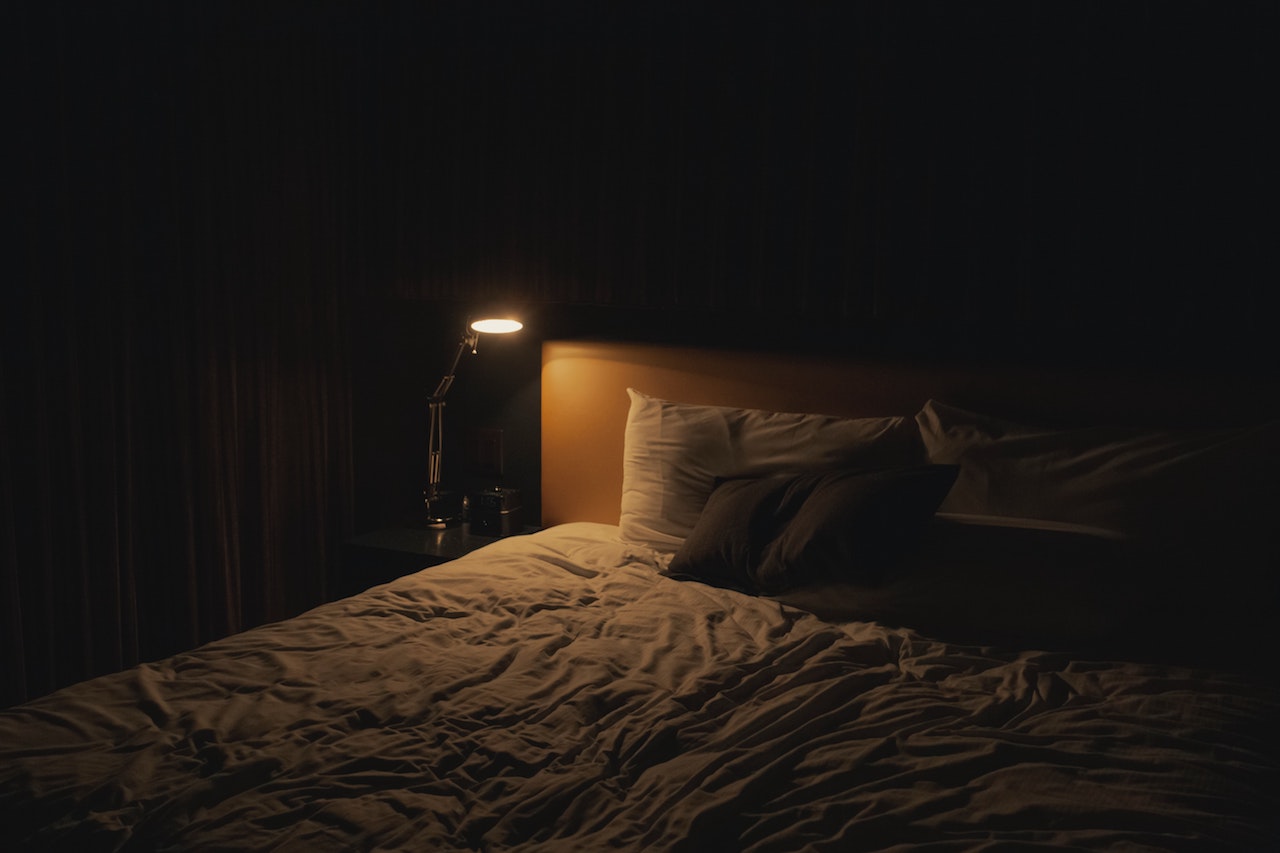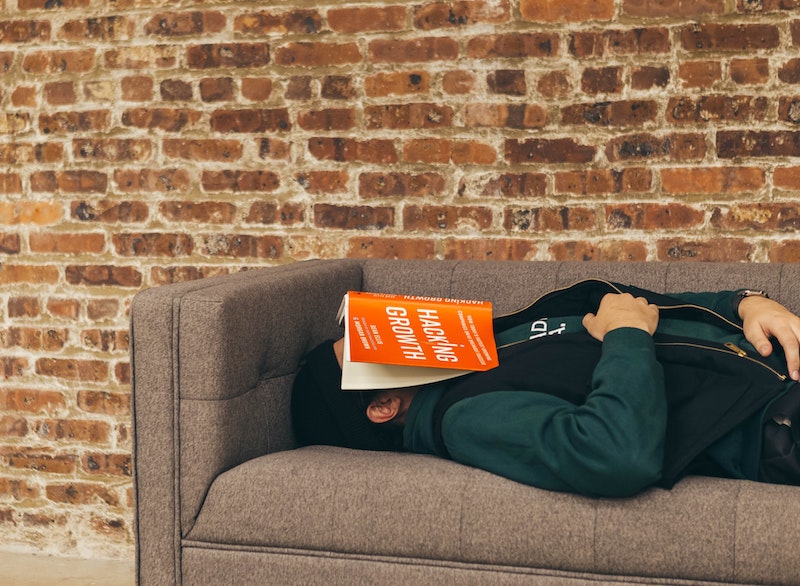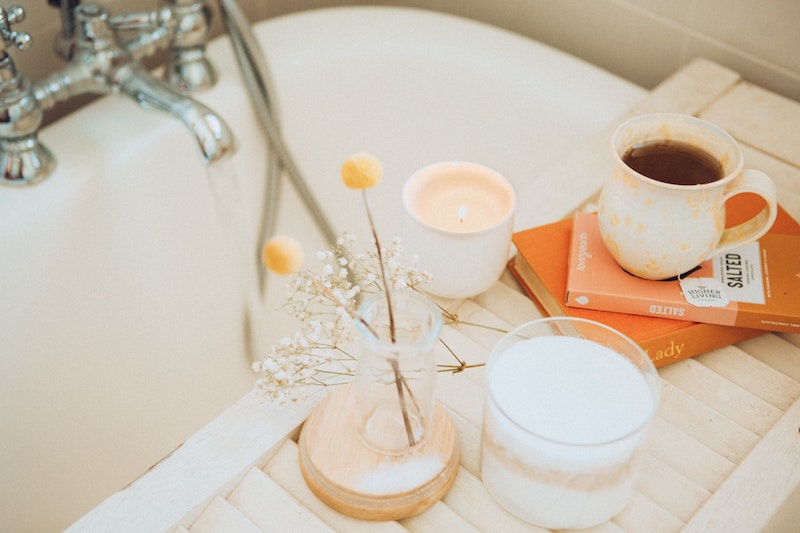After a long day of work, chores or just a load of mental stress from everything that’s happening, a good night’s rest seems like the perfect pick-me-up. And so we dim the lights and snuggle into our beds—but there are just some nights we find ourselves tossing and turning, unable to find a comfortable position and silence that nagging voice in our heads. To stop that from happening again, we’ve scoured the net for the most effective tips on how to sleep better.
Understand the circadian rhythm
Our body has a natural clock that follows the circadian rhythm, which is a behavioral cycle that controls our sleepiness and alertness throughout the day. In layman’s terms, it is also known as our sleep cycle. This rhythm is adept to sources of light, which is why our body is used to keeping awake when there’s daylight, and falling asleep when there is none.

Keep the room cool, dark and quiet
According to a poll by the National Sleep Foundation, 73 percent of respondents said that a dark bedroom with a temperature of around 15-16°C has always produced a good night’s sleep. The use of “white noise” or an ambient sound is also a factor.
Don’t watch TV before sleeping
A late night movie marathon may sound like a good way to end the day, but the blue light emitted from the screens of our electronics—phones, laptops, televisions—are detrimental both to our eyesight and to a good night’s sleep. In line with the circadian rhythm, the light from screens can trick the mind into thinking it’s still morning, making it hard for you to fall asleep.

Reduce long naps in the morning
The idea of taking a siesta after lunchtime becomes more appealing if you didn’t get a good amount of sleep last night. However, taking naps that last more than an hour can mess with the body’s natural sleep cycle and cause you to struggle sleeping at night. The recommended time for naps is around 30 minutes or less, enough to energize daytime brain function again.
Reorganize and declutter your bedroom
Pull a Marie Kondo and throw out all the unnecessary items in your bedroom because all that clutter is messing with your sleep patterns. A study by the American Academy of Sleep Medicine found that people are more likely to develop sleeping disorders when surrounded by mess. Make sure that your bedroom does not feel cramped–with enough moving space, organized furniture and warm lights.

Exercise in the morning
In general, exercising is a guaranteed way to keep your body healthy. Likewise, it can also improve one’s sleep and reduce risks of insomnia. However, it’s best to exercise in the morning as the stimulatory effect of adrenaline can cause heightened alertness which may lead to a restless sleep.
Don’t eat late in the evening
If you’ve ever heard of the Filipino myth of the Bangungot, then you’ve probably heard our grandparents warn us about not eating too much or else the Bangungot will sit on our stomach as we sleep. Eating excessively before sleeping—especially a high fat and high carb meal—can negatively affect sleep quality. Fortunately, a light snack at night is harmless.

Create a bedtime routine
To clear away all the anxiety and mental stress from the day, it’s recommended to practice a bedtime routine. It can be as simple as taking a warm bath or shower, meditating for a few minutes (guided meditation videos can be found on Spotify), reading a relaxing book, and playing some soothing music.
Header photo by Kinga Cichewicz on Unsplash
Get more stories like this by subscribing to our weekly newsletter here.
Read more:
Free yoga classes you can do at home right now
Tips and tricks on how to make your food last longer during the quarantine












































